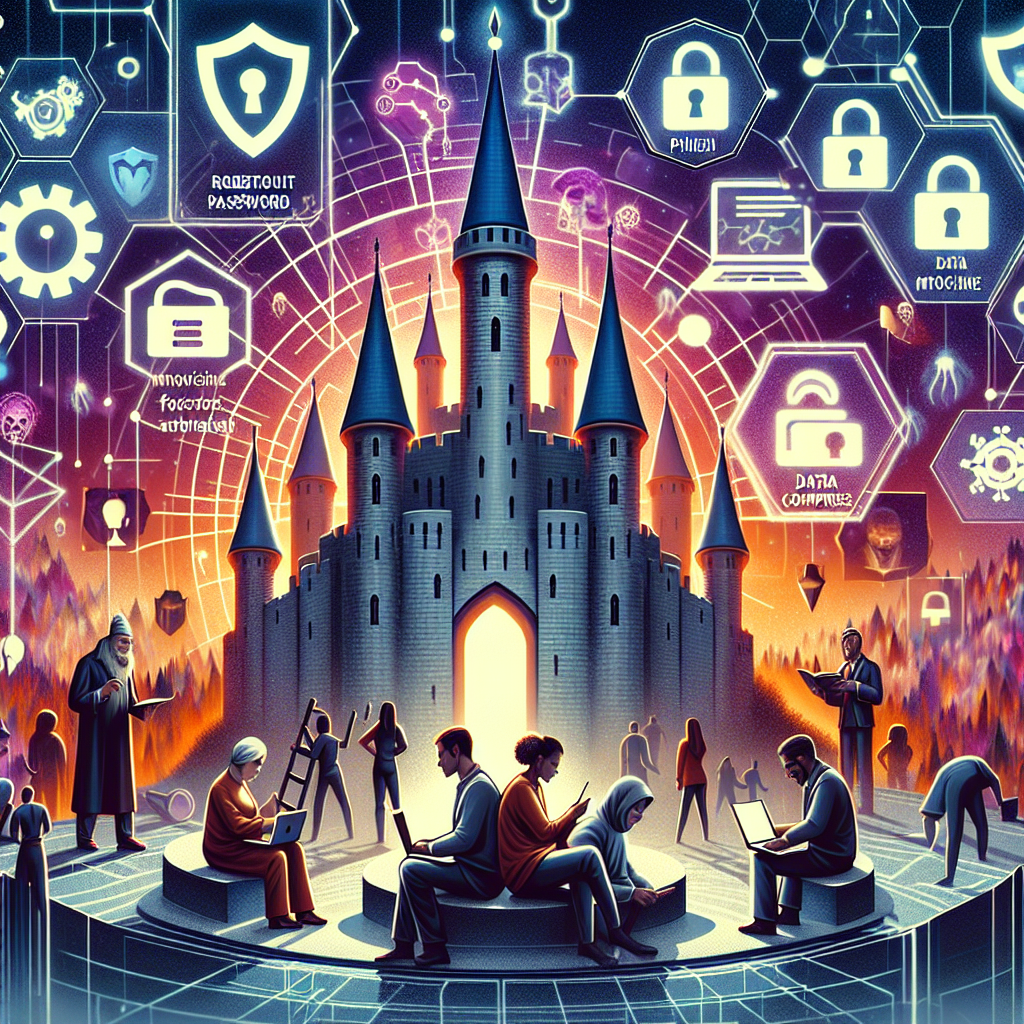The Invisible Battle: Why Cybersecurity is Your Personal Armor Against Digital Threats

Every day, we navigate a complex digital world, often unaware of the lurking dangers that threaten our online lives. As technology progresses, so do the tactics of cybercriminals. Cybersecurity, the field dedicated to protecting our sensitive information, is no longer the responsibility of just IT specialists; it’s something that every individual must understand and engage with. In this article, we'll uncover why cybersecurity matters to you and how taking simple steps can significantly enhance your safety online.
Understanding Cybersecurity
Cybersecurity encompasses a range of practices aimed at protecting computers, networks, and data from unauthorized access or damage. Think of it as a digital fortress that guards your personal information—like passwords, financial details, and private messages—from intruders. These intruders, known as hackers, employ various methods to infiltrate systems, ranging from sophisticated software attacks to simple social engineering tactics, like phishing, which deceives you into revealing your sensitive information.
The Alarming Statistics Behind Cyber Threats
The numbers may shock you. A report from Cybersecurity Ventures suggests that cybercrime damage costs could reach $10.5 trillion annually by 2025, making it one of the largest and fastest-growing criminal activities. Furthermore, a study by IBM revealed that the average cost of a data breach for organizations reached $4.24 million in 2021. These figures don’t just threaten businesses; they pose a risk to you, the everyday user, as your personal data is often the target.
Simple Steps to Protect Yourself
Fortunately, safeguarding your information doesn’t require a Ph.D. in computer science. Here are some practical steps you can take today:
- Use Strong Passwords: Craft complex passwords that combine letters, numbers, and symbols. Avoid using easily guessed information like birthdays or names.
- Enable Two-Factor Authentication: This extra layer of security requires a second form of verification, such as a text message or email confirmation, in addition to your password.
- Beware of Phishing Scams: Always double-check links in emails. Don’t click on suspicious emails that ask for personal information.
- Keep Your Software Updated: Software developers routinely issue updates that fix security vulnerabilities. Make sure your operating system and applications are up to date.
The Role of Education in Cybersecurity
Staying informed is key to navigating the cyber landscape safely. Many organizations offer free resources and training to empower individuals with knowledge. Cyber hygiene—used to refer to routine practices that keep systems healthy—should be as ingrained in our daily lives as regular hygiene practices. Regularly educate yourself and your family about current cyber threats and how to respond to them.
Conclusion: Your Cybersecurity Journey
Ultimately, cybersecurity is not just the job of tech experts; it’s a collective responsibility that includes each one of us. By taking proactive measures and staying informed, you can significantly reduce your risk and contribute to a safer digital world. Just as you'd lock your doors at night, it’s vital to secure your digital presence. Begin today; your future self will thank you.